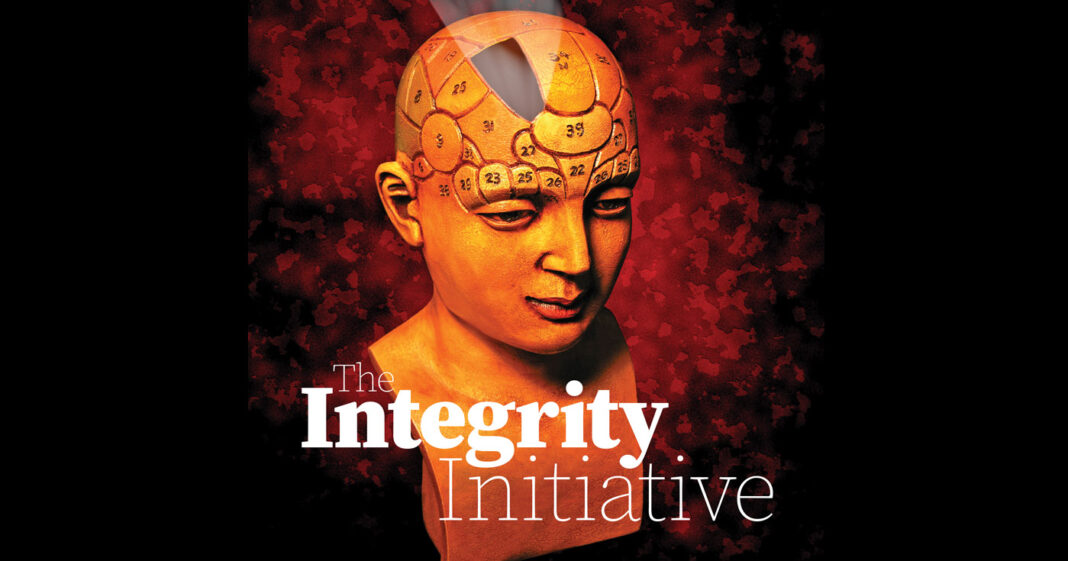
What is the proper role of business in society? The question certainly is not new. Debates about the private sector’s responsibility for its economic, social and environmental impacts have been raging since the dawn of capitalism.
What is new is the emerging global consensus that business is the engine of economic growth and international development, and that business can and must play an indispensable role alongside government, civil society and communities to solve complex, global (and local) challenges like hunger (food security), poverty (inclusive growth), inequality (wealth sharing), unemployment (dignity comes with a job) and climate change (renewable energy).
The role of business in society is highly contested ground. Private sector firms—from leading multinational corporations to small and growing businesses to start-up social enterprises—have unique and essential assets and capabilities to combating major global (and local) challenges. But there are also questions and concerns about how, when, where and why the private sector engages in development. For those of us involved in this debate, it is clear that power structures, motives, performance measures and clarity of definitions matter. Without that clarity, we will never find ourselves on the same page and will lose energy in debating rather than in doing.
Corporate Social Responsibility (CSR) and Creating Shared Value (CSV) practices offer differing perspectives: do these efforts actually contribute to the sustainable welfare of communities and community members?
You can see the influence of the CSR movement by looking at today’s business language: corporate citizenship; sustainability; triple bottom line; ESG (environmental, social and governance); inclusive business; cause related marketing (CRM); pro-poor value chains; bottom of the pyramid business models (BOP); socially responsible investing and impact investing; social enterprise; social purpose, public-private partnerships; green economy; collective impact; license to operate / license to lead; corporate ethics (integrity); and corporate volunteerism and employee engagement.
Creating shared value has gained credibility, legitimacy and momentum as a new way of doing business. Shared value has meanwhile spread beyond the private sector to governments, NGOs, civil society and academia.
CSR is fundamentally about taking resources from the business and investing those resources in being a good corporate citizen: recycling, giving money to social causes, reporting on social and environmental impact, and engaging employees in community work. CSV is aimed at changing how the core business operates—strategy, structure, people, processes and rewards—in order to deliver triple bottom line returns.
The fundamental distinction is that CSR is about doing something separate from the business and CSV is about integrating social and environmental impact into the business, using that integration to drive economic value. Forward thinking businesses want to be part of the solution in tackling the complex problems facing our world. Companies and employees know that charitable donations are important. However, they want to expand their engagement so that their core business models improve the well-being of people and the planet, reduce or eliminate negative externalities, and earn a profit.
In conclusion, we are all called upon to ramp up our CSR and CSV efforts on complex local (and global) problems. There is no question that the pandemic has made the focus on social responsibility and shared services much more important. In my dialogues with friends, business partners, family members, neighbors, etc, challenges like hunger (food security), poverty (inclusive growth), inequality (wealth sharing), unemployment (dignity comes with a job) and climate change (renewable energy) are discussed and efforts to find solutions are made.
Feedback is appreciated; please contact me at hjschumacher59@gmail.com

